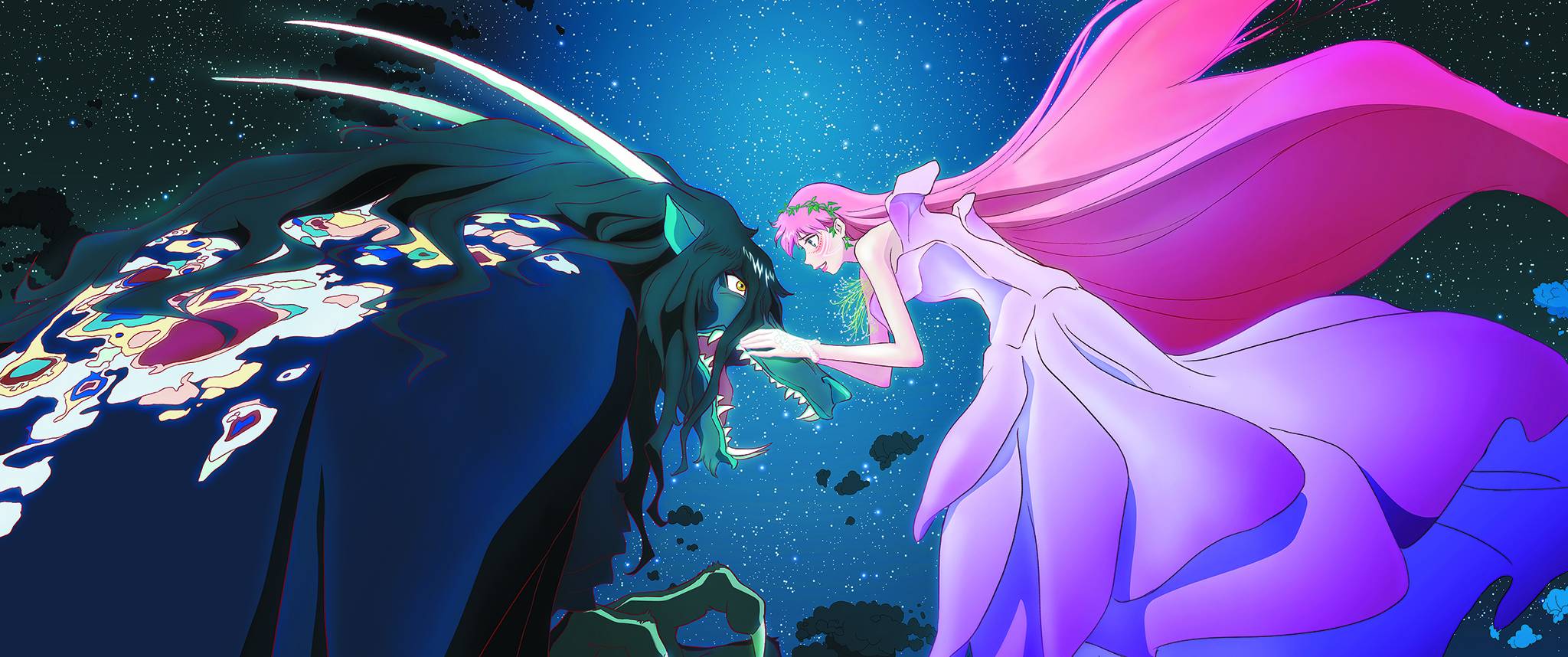At a time of widespread debate over the depiction of women in film, top Japanese animators have long been creating female heroes who are more layered and complex than many of their American counterparts. They have faults and weaknesses and tempers as well as strengths and talents. They’re not properties or franchises; they’re characters the filmmakers believe in.
Like many teenagers, Suzu in Mamoru Hosoda’s "Belle” (2021) has a life online that overshadows her daily existence: her alter ego, the title character, is the reigning pop diva of the cyberworld of U. In real life, Suzu is an introverted high school student in a flyspeck town — even her best friend calls her "a country bumpkin.” But she still wins sophisticated listeners, as her music reflects the love and pain she has experienced, especially since the death of her mother, who drowned saving a child from a flooded river.
Suzu misses her, but she’s also angry at her for sacrificing herself for "a kid whose name she didn’t even know.” Suzu went so far as to abandon her impressive musical gifts because her mother encouraged them. American heroes may express a longing for a vanished parent, but not the deep, complicated emotions of this reworking of "Beauty and the Beast.” The protagonist of the Disney version misses her father when she agrees to become Beast’s prisoner, but she never mentions her mother. Nor does Jasmine in "Aladdin.”

















With your current subscription plan you can comment on stories. However, before writing your first comment, please create a display name in the Profile section of your subscriber account page.